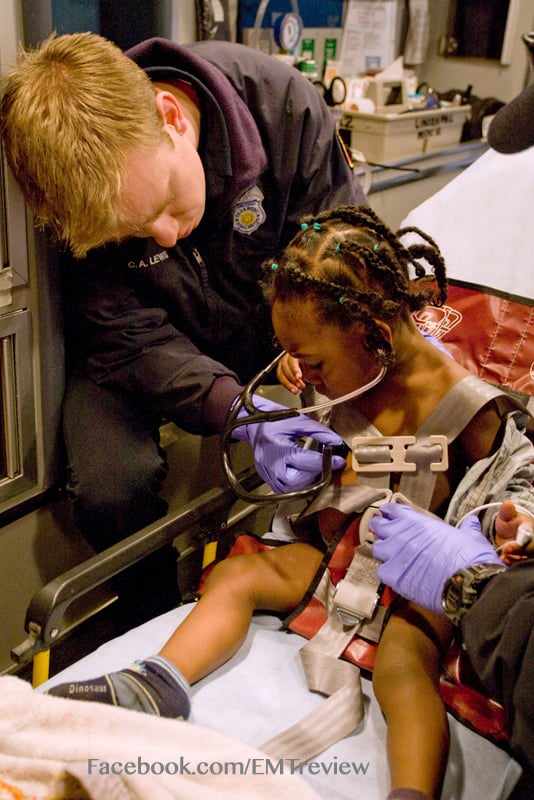
Dr. Bill Young

by Limmer Education
Our articles are read by an automated voice. We offer the option to listen to our articles as soon as they are published to enhance accessibility. Issues? Please let us know using the contact form.
Differential diagnosis is a hallmark skill for EMTs, AEMTs and paramedics. EMS has progressed beyond the “EMS doesn’t diagnose” days to become a critical thinking-oriented practice in which differential diagnosis is necessary.
There’s a tenet stating that 90% of emergency medicine happens in the cognitive domain—the realm of thought. Although EMS providers’ practice is guided by protocols, we often forget that a presumptive diagnosis of some sort is required before we can choose the correct protocol. We’ve always believed that more errors come from blowing the diagnosis and administering the wrong drug than from simple psychomotor errors in medication administration.
Indeed, diagnosis isn’t something just a few clinicians do—it’s a process that all EMS providers must embrace if we want to thrive clinically. Here are 10 tips that will help improve your differential diagnostic skills.
10. You won't find what you don't consider.
9. Cast a wide net of possibilities, but avoid zebras.
8. The differential diagnostic process consists of considering the possibilities and narrowing them down to probabilities.
7. All levels of EMS provider should use the differential diagnostic process at some level.
6. In the SAMPLE history, P is important in determining possibilities, but E is important in determining probabilities.
5. Although we can't do lab tests and CT scans, it’s amazing what a thorough history and physical exam can tell us.
4. Always treat life threats before you begin the differential diagnostic process.
3. The best history question doesn't give you an answer—it gives you two more good questions to ask.
2. Patients lie.
1. Just because a patient doesn’t have a history of a particular condition doesn't mean it can't happen. Every disease has a first occurrence.

Do you agree with these 10 things? Anything you’d add?
We’d also love to hear your stories about how differential diagnosis has worked for you.

Dr. Bill Young

Limmer Education
consider Zebras if you are in Africa -- or if your patient recently traveled anywhere :-) Remember that your patient's lie might contain as much truth as the facts they have recited, and that compassion opens your ears to what lies beneath... Never forget that sometimes medical records and the opinions of medical folk contain lies too -- some by error, some more nefarious
Well said.